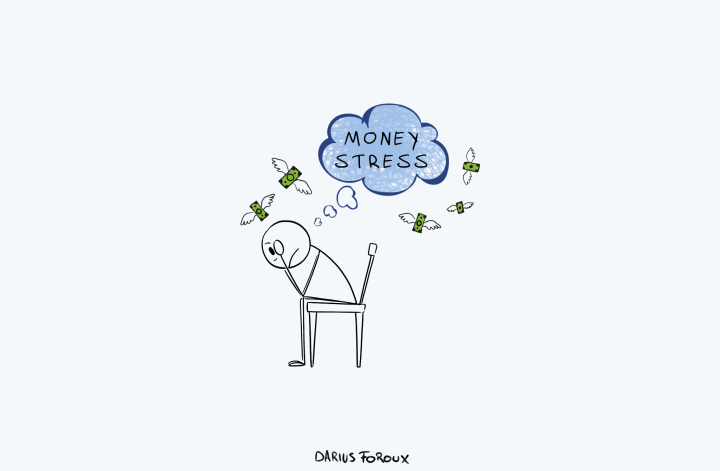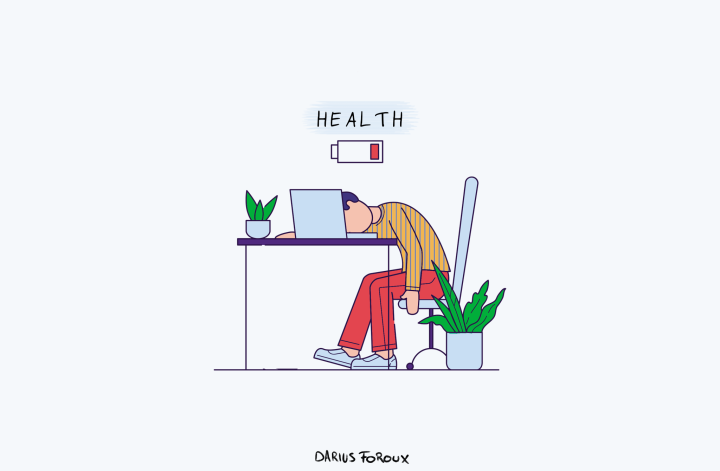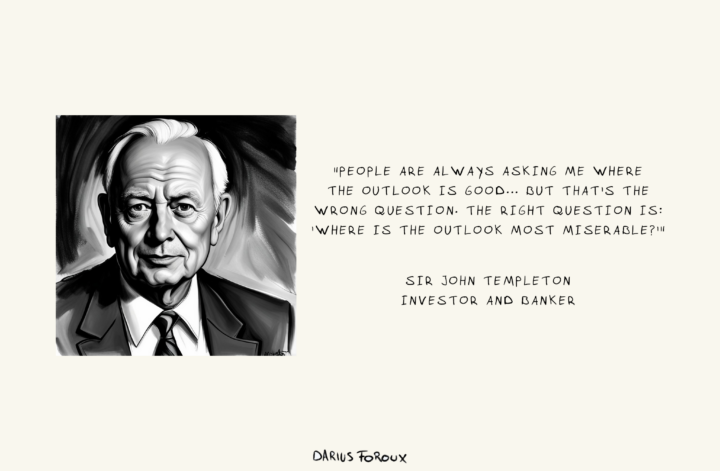Money is the biggest cause of stress in the United States, according to the American Psychological Association.
You can also find that back in medical statistics. 75% to 90% of all doctor’s office visits are for stress-related ailments and complaints including chest pain, headaches, high blood pressure, insomnia, and depression.
Stressing over money will make you mentally and physically sick. Now, no one likes the fact that money is the most important thing in our society. But it’s the way things are.
We can do two things:
- Complain, resist, and worry
- Address the issue
I pick the latter any day of the week. There’s simply nothing we can do to change capitalism. But we also don’t have to become a victim. We can take charge and work with the rules of the system, and make sure we prioritize our mental health.
It all starts with awareness. If we know exactly what causes our money stress, we can address it.
Causes of financial stress and how we can solve them
Most people assume that more money is the answer.
But simply having more income won’t solve your money problems. While we all want to earn more, there are deeper, underlying issues we need to resolve first.
The first step to getting rid of money stress and living a healthier, happier life is to identify the specific reasons that are causing you to worry. Here are some common causes including how you can address them.
1. A lack of financial literacy
Managing money isn’t something we usually learn in school. And if one grew up in a family that lived from paycheck to paycheck, it’s harder to make wise financial decisions as an adult.
I was like that as well. I didn’t really use a savings account until I was in my late twenties. Before that, I had just left all my cash in a checking account where I tend to spend everything.
School didn’t teach me how to manage my money. I had to learn that the hard way. This means I wasted a good amount before learning how to do things right.
Solution: Understand how personal finance works.
How you spend, save, get into debt, and invest depends on you. How other people manage their money is insignificant. A former college friend of yours could afford an exotic vacation while you’re barely able to pay rent? Who cares.
Everyone is at a different phase in their personal finance journey. What matters is that you apply the advice most relevant and effective for you.
The more you learn about money, investing, and wealth, the better you get at managing your own finances.
2. Unrealistic expectations about life
So many of us have all kinds of big desires that are simply not realistic. Look, I’m all about thinking big. But you should never think that life is only good when you live big. We think things like:
- “I should have a house/car/overseas trip at this point in my life!”
- “I’m THIS old now and should be earning at least six figures.”
And so forth. It’s easy to get stressed when we don’t achieve our expectations. And in today’s world, everyone seems to have sky-high expectations.
It’s simply not realistic. And also not important. What’s wrong with a simple life?
Solution: Focus on the process, not the outcomes
When you set goals, it’s tempting to think about the outcomes first. Everyone wants to get in better shape, travel to nice places, earn more, and so forth.
But these outcomes are driven by consistent work over a long period. Warren Buffett didn’t become wealthy by making a single, big trade in just one year. It took him decades of consistent work to get to where he is now.
So simply focus on a process you can work on consistently. Your outcomes will follow. And if they don’t, at least you can be proud of the work you’ve done.
3. Short-term thinking
I have a friend who sticks to a job they hate because of the “benefits.” That’s how much they prioritize stability.
But they also “pass the time” at work by scrolling through shopping apps. That’s how they got themselves buried in credit card debt.
So many of us are in that position. We hate our job, but we’re used to a certain lifestyle, so we need a similar job or income to get by.
But sometimes you need to take a step back in the short term to grow in the long term. Why? Because if you keep up this short-term thinking, you end up despising your life.
Solution: Focus on long-term quality of life.
The quality of life is, in my experience, the most important metric. Do you really enjoy your days? Do you like your work? Do you wake up excited?
Focus on those metrics, not on job titles or salaries. It sounds counterintuitive: Avoid money stress by not prioritizing money.
But that’s not the point. You want to think about the quality of your life. And as everyone knows: The best things in life are free. But mortgages and rents are not. So we still need to be practical. There’s nothing wrong with earning less and having a better life.
4. No emergency fund
56% of Americans can’t cover a $1,000 emergency expense with savings.
Emergencies happen. It’s not a matter of if but when. Your washer breaks, you slip and injure yourself, a loved one gets sick, and so forth.
It’s difficult to have peace of mind when you don’t have enough money to cover a simple emergency. Without a safety net, one adverse situation can upend your entire life.
Solution: Build your emergency fund, little by little. Saving is a habit.
You don’t have to build your emergency fund suddenly. Use the 3-account-strategy to save money. And try saving a comfortable percentage of your income today. It’s all about consistency.
I like to have at least six months’ worth of living expenses. Knowing I have that in my savings account gives me peace of mind. It’s silly advice and boring, but it makes a difference.
I know I can take any financial challenge life throws at me. If anything happens, I have enough time to get back on my feet.
Earning more is not enough
One thing I discovered over the years — even after achieving financial freedom — is that the urge to earn more never completely disappears.
That’s why it’s important to remind ourselves that more money is not the goal. The goal is freedom as J L Collins wrote in The Simple Path to Wealth:
There are many things money can buy, but the most valuable of all is freedom. Freedom to do what you want and to work for whom you respect.
When I see an opportunity that might earn me more but reduces my overall freedom, then I don’t pursue it. I prioritize living a simple and well-balanced life.
Isn’t that what we all want?




